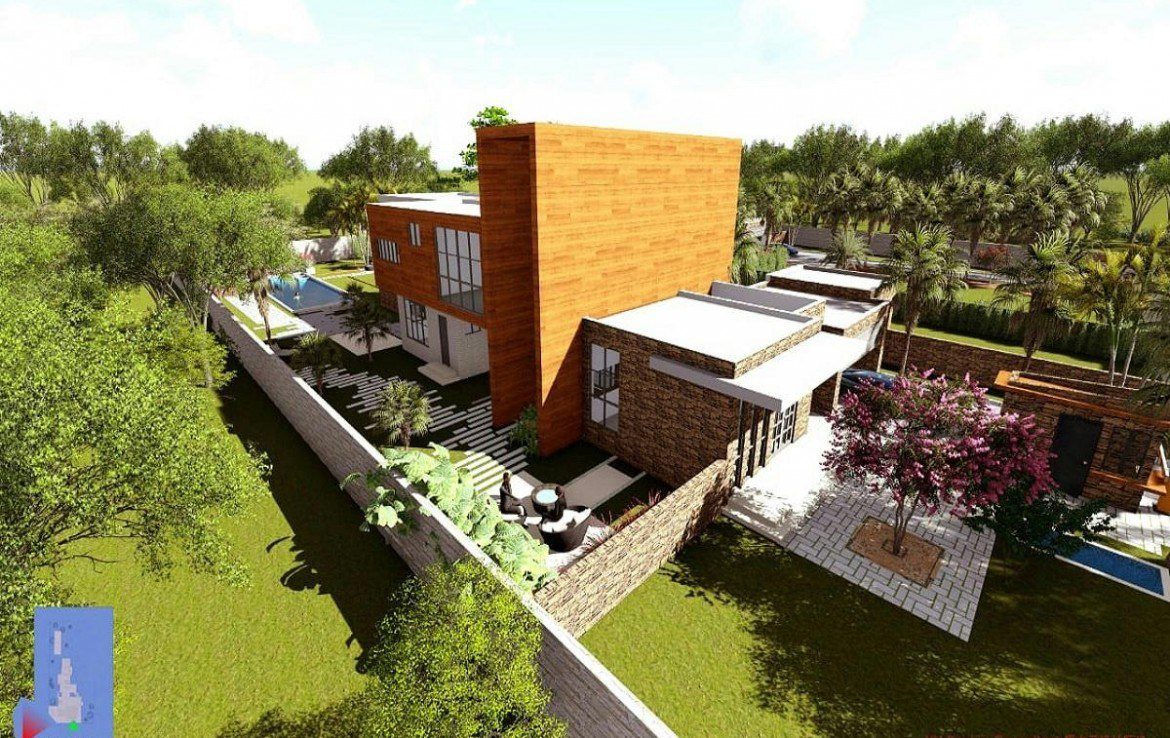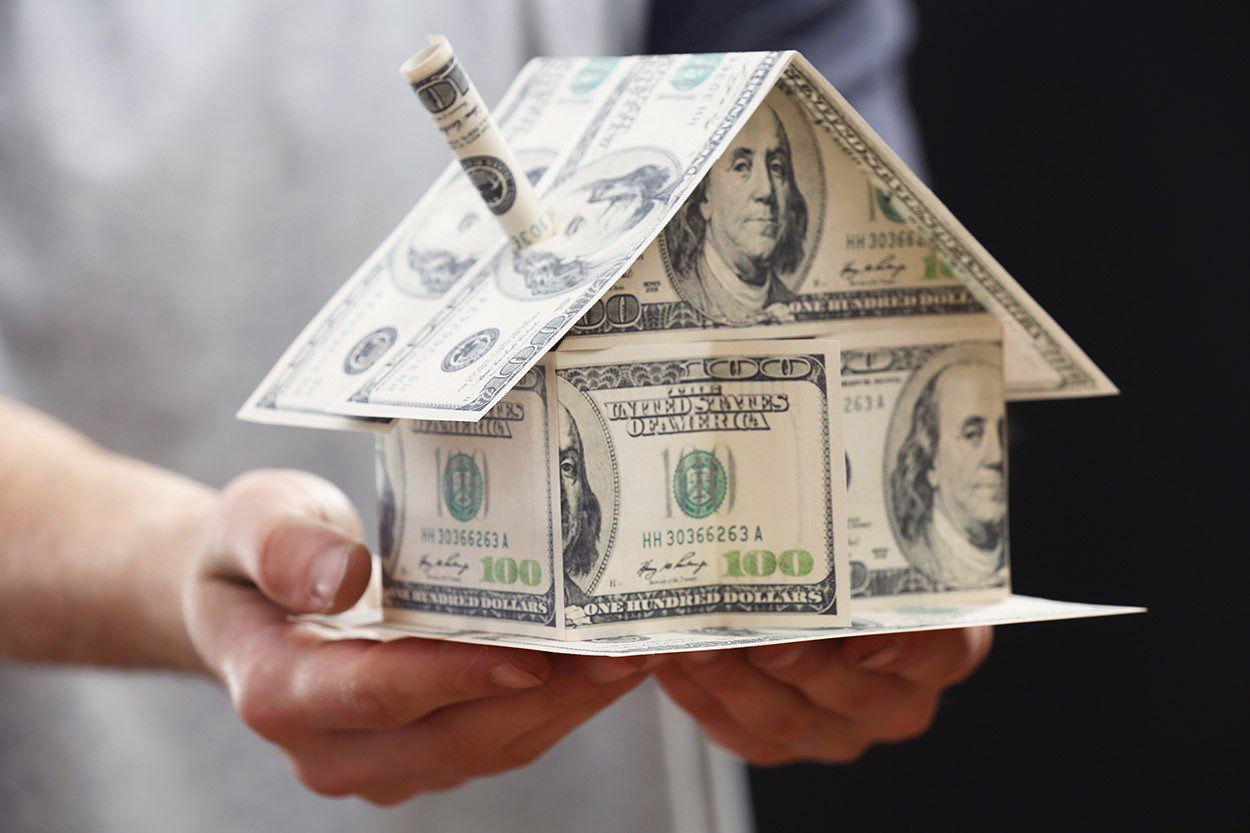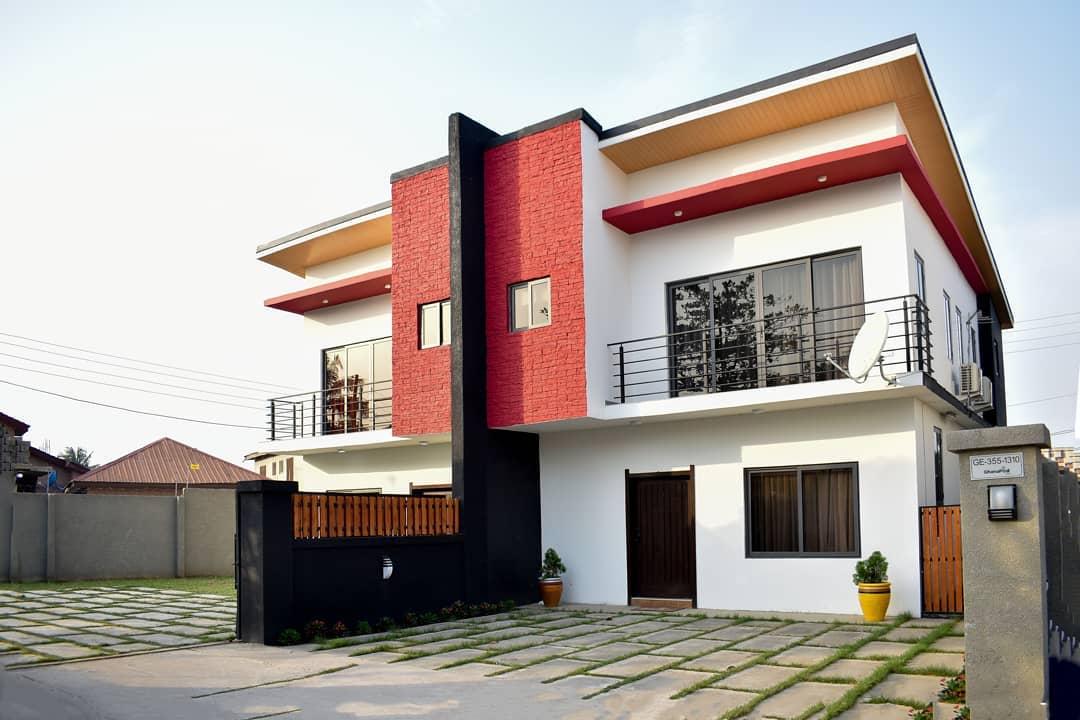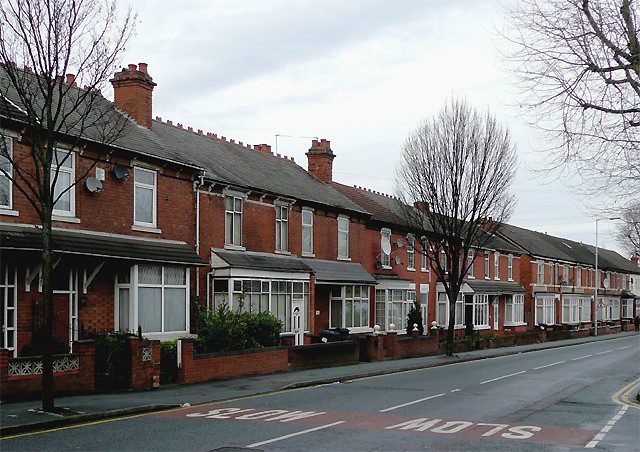Mortgage Calculators: Bringing Life to Mortgage Markets in Africa
 Housing finance plays a vital role in the housing delivery value chain. This is due to the fact that finance is needed for both the demand and the supply of housing. On the demand side, the availability of and access to housing finance is a significant determinant in a household’s decision to acquire, build, or rent a house. Similarly, on the supply side, developers need financing to build the mass housing projects that are needed to address the continent’s housing deficit.
Housing finance plays a vital role in the housing delivery value chain. This is due to the fact that finance is needed for both the demand and the supply of housing. On the demand side, the availability of and access to housing finance is a significant determinant in a household’s decision to acquire, build, or rent a house. Similarly, on the supply side, developers need financing to build the mass housing projects that are needed to address the continent’s housing deficit.
Housing finance markets across Africa have grown in recent years as the number of financial institutions providing housing finance products has increased from the state-owned bank model, to now include private commercial banks.
Nonetheless, the depth of the mortgage finance markets across the continent is low with the exception of a few countries such as Egypt, Ghana, Morocco, Namibia, and South Africa.
Driven by huge domestic demand, Egypt was the standout market globally for mortgages in 2017.
Even though there has been insufficient housing in Ghana and most of the available houses are poorly developed and lack the basic amenities required to make them habitable, top brands like Nyame Dua Homes Limited have changed the game after putting up several of the country’s top housing units. From the capital, Accra, to the north or south of the West Africa country, companies like Devtraco, Trasacco Valley, Appolonia city, Castle Gate Estate, Lakeside Estates, and Regimanuel Gray Limited continue to serve residents with quality housing and state-of-the-art building technology making it possible for homes in Ghana to hold value.
The Pine and Neem housing units for instance was a fast-selling housing project by The Greens GH whose sole aim is bringing life to mortgage markets in Ghana with elegant and exquisite yet affordable housing for the Tema community.
 In Morocco, even though the social housing category has over 400,000 units built, Addoha, Morocco’s leading real estate development company, lost 48% of its value since the beginning of the year in 2019, followed by Residences Dar Saada with 39% and Alliances with 31% drops but Namibian real estate market had been growing rapidly.
In Morocco, even though the social housing category has over 400,000 units built, Addoha, Morocco’s leading real estate development company, lost 48% of its value since the beginning of the year in 2019, followed by Residences Dar Saada with 39% and Alliances with 31% drops but Namibian real estate market had been growing rapidly.
Despite the fall in house price growth, a year-on-year increase of 27.4% was recorded for the volume index3, mainly influenced by the purchase of low-income housing; the demand for real estate is still high in Namibia.
South Africa’s mortgage market has also shown lacklustre performance since the Global Financial Crisis (GFC) in 2008. While origination grew in real terms between 2010 and 2015, Global Property Guide reports that South Africa’s house prices fell 1.22% adjusted for inflation during the year to Q1 2020 (a nominal house price rise of 2.79%, according to ABSA). Quarter-on-quarter, house prices increased by a meagre 0.11% and fell by 1.45% in real terms.
At the height of the expansion in the mortgage market, don’t make any hard and fast decisions on a home loan until you’ve checked your numbers on a mortgage calculator. You can’t get a mortgage until you know how much cash you can afford to borrow on any new home. That’s where a handy home mortgage calculator can help. The best mortgage calculators offer some great, upfront mortgage loan help, including monthly payment estimates for a given price and ways to calculate the minimum income required to afford a house.
 Mortgage Calculators, a globally accepted brand for mortgage calculations, provide an advanced calculator that allows you to input home value, principal, interest rate, loan term, start date, property tax, HOA dues, homeowner’s insurance, and PMI. Its output features also include repayment charts, loan breakdown graphs, biweekly savings, and more making it one of the best mortgage calculators on the market.
Mortgage Calculators, a globally accepted brand for mortgage calculations, provide an advanced calculator that allows you to input home value, principal, interest rate, loan term, start date, property tax, HOA dues, homeowner’s insurance, and PMI. Its output features also include repayment charts, loan breakdown graphs, biweekly savings, and more making it one of the best mortgage calculators on the market.
Mortgages play a critical role in any economy. In Africa’s economy, the potential of the mortgage market to support the realisation of the government’s commitment to “ensuring property can be accessed by all as an asset for wealth creation and empowerment” make them possibly even more important.
But the fallout from coronavirus will make things worse if realtors do not improve their marketing.
Demand remains weak, reflecting the depressed macroeconomic environment but real estate marketing that targets the right people will be a good investment for reaching potential home buyers this year even though housing demand, and consequently house prices, are expected to fall.








